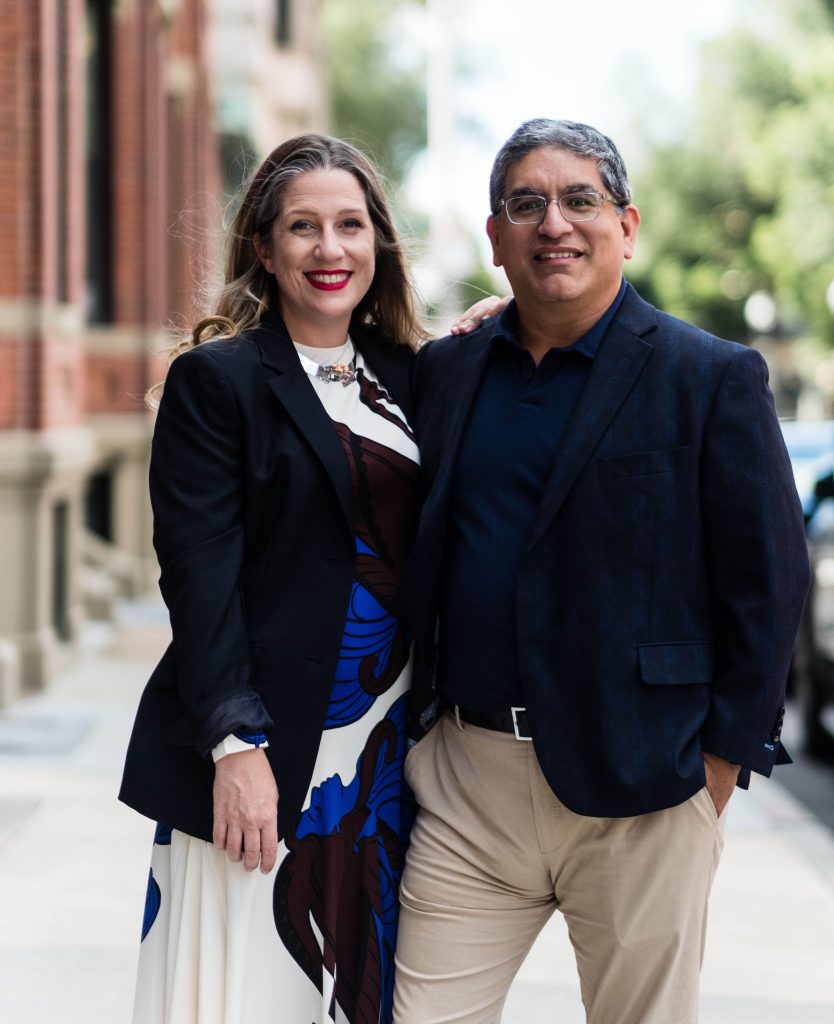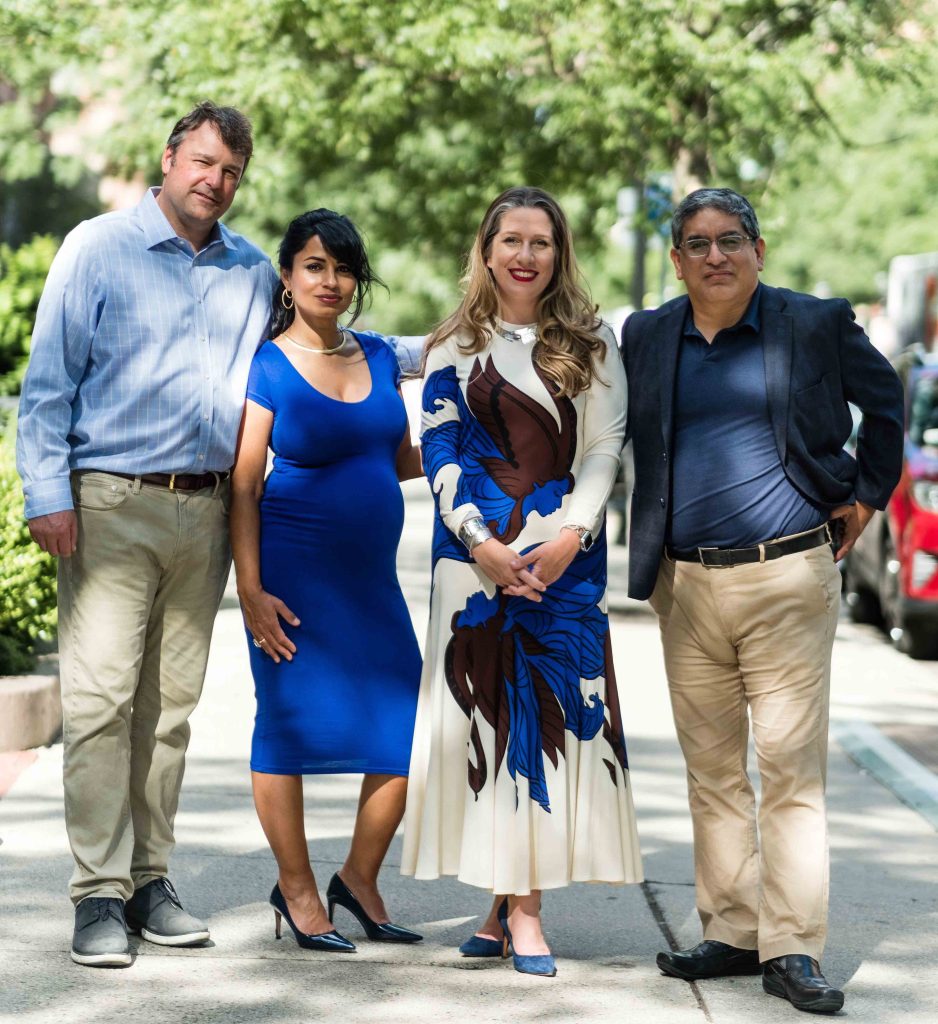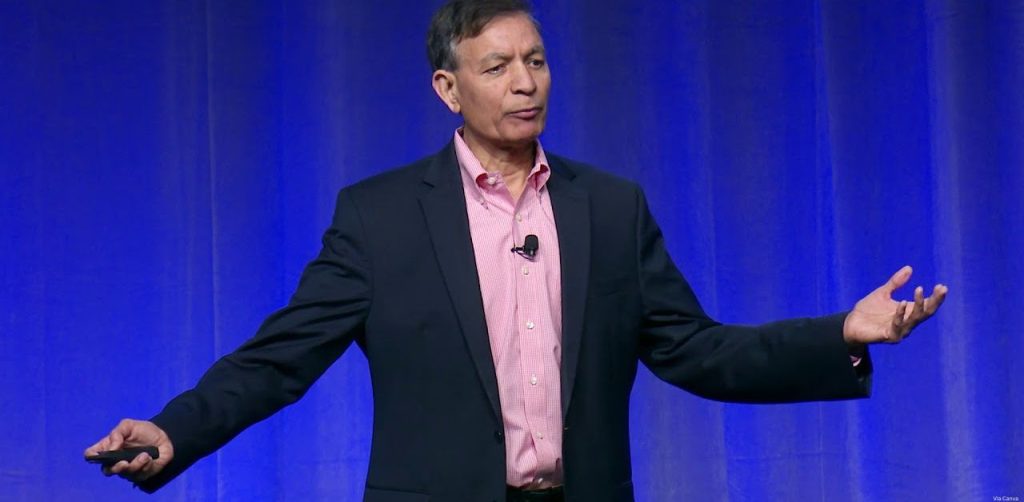

But the couple assessed the landscape and recognized an opportunity to create something meaningful: an investment vehicle for diverse founders that delivered astronomical returns for participants. Fast forward to 2022, Mendoza Ventures has emerged as one of the leading funds specializing in cybersecurity, Artificial Intelligence, and FinTech, selecting startups which use these tools to support historically underrepresented communities. They have proven you can do well by communities and get venture style returns.
Mendoza Ventures Success Stories
The LatinX led cybersecurity platform GoodDogLabs returned 10X in 5 months after an aquisition; the female-led design software Canvas GFX which has over $3M in revenue; and the fintech Listo which offers financial products to underserved communities. All have an angle which benefits marginalized angles, from Listo’s ability to build credit scores, to AI companies utilizing algorithms that do not factor in customers’ zip codes, and access to financial products using fintech as bridge to underrepresented communities.
The majority of Mendoza’s portfolio companies (80%) are helmed by CEOs from diverse backgrounds, often yielding investors astounding 10-20x returns—by comparison, only 2% of venture capital funding ever goes to minority communities. Financial juggernauts have noticed Mendoza’s playbook: Bank of America is anchoring the company’s third fund, a $100 million fintech and cybersecurity fund, and sought Adrian and Senofer’s counsel on how to better incorporate diversity, equity, and inclusion (ESG) into their investing practices and getting diverse led fintechs into their ecosystem.
Impact Wealth caught up with the Boston-based power couple to discuss why investing in diversity is a must, for both the bottom line and a better world.
What is the role Mendoza Ventures is playing?
There are so few women and Latinos in FinTech, AI or cybersecurity, that they usually find us due to our track record. We now have 15 portfolio companies that we’ve funded.
For us, we’ve always equated diversity with performance and our Fund I will be a top decile fund, because of diversity. Our performance record demonstrates this. Our first acquisition was two Latino founders that returned a 10x back to us in five months. Our second diverse lead company is a 120-person team with a female founder and roughly 50% women that’s returning 22x back to us. These diverse founders aren’t just performing, they’re overperforming.
Mendoza Ventures started as our own family office with only our money as a small little pilot fund because we wanted to see if we were crazy or not, because we were going from founder to funder. And three years later, we took about $110,000 and turned it into $1.2 million.
We realized we were onto something. How we were selecting companies, working with them, and choosing them. We were getting approached by other family offices and other investors to invest and bring this to a larger scale. We went out to raise Mendoza Ventures Fund II, which was a $10 million dollar fund we oversubscribed to $14 million fund and brought in about 90 investors. They were a mix of family offices as well as a lot of individuals from the industry that wanted to help, not just with money but with their domain expertise. Bank of America noticed our investment strategy and approached us became an anchor in our third Fund, which is a $100 million fund focused on FinTech, AI, and cybersecurity, which continues to prioritize our 80% diversity model while and keeping our track record.
Is there a financial model that you use to evaluate which companies to invest in?
For our early stage funds, they need to have a product in the market with customers that we can talk to, we don’t invest in ideas. We’re looking for the right founder that isn’t just looking for money but expertise. We look at it as a partnership. We not only sit on their boards, but also meet with them on a weekly or bi-weekly basis and we welcome them to our family.
We have a really tech-forward portfolio. The nice byproduct, especially in cybersecurity, is that it tends to get acquired quickly because someone wants it, and need this technology more immediately than the public market.
What’s the normal path or trajectory of some of these companies?
We are looking for companies that do M&As, not just IPOs. We’re in venture, so typically these IPO deals take place in a 16-20 year window. We’re looking for exits in five to seven years for a ten year fund.
What do you think is missing in the industries that you are invested in?
Capital allocators that look like the population of the country is a big one. Having a diverse investment team gives us this huge competitive edge, because we have such a thought diversity going into the diligence of each company.
This industry doesn’t always have transparency and we look to build that transparency. We have two amazing groups of investors that are attracted to Mendoza Ventures. One is the corporate side such as Bank of America who are looking to build their exposure to the Latino community and also bring fintech companies into their ecosystem. The other investors are family offices who aren’t just looking to make an investment but are looking for transparency and the ability to co-invest in our deals. We serve family offices as their outsourced CIO, and find these amazing opportunities to invest in. If we own 10% or 20% of a business, and it sells for $400 million, that’s an amazing day for everyone.
The big thing that was missing was a bridge between tech and the real world. We’ve created that on the LP side, but also on the startup and the corporate side. We are now getting approached by a lot of impact focused investors. At Mendoza Ventures, if we’re empowering these founders and still bringing venture style returns it’s a win-win across the board.
One of the things that we see from the venture side, is that when money’s made in venture, all of that capital gets recycled. If it goes back into other funds, it becomes philanthropy, it starts new businesses. For us, it’s about participating in the wealth creation process, not just for diverse founders, but also for diverse investors. We have a parallel $10 million fund to allow investors of color to come in at smaller minimums alongside Bank of America.
What has been your most successful investment?
I think the 10x in five months was pretty successful. These were Latino founders and we had the ability to transform their lives. It showed that what we do in venture works. They needed an investor to come in who was savvy on how M&A works and how you can work with clients to develop the product.


We are raising $100 million which is similar to what we did before, but now on a bigger scale than the series A to C. We’ve seen in the last couple of years, a generation of diverse and female founders, who are finding a new generation of seed investors. Most diverse lead funds are sub $40 million. We are one of the first Latinx and female lead funds, that’s now breaking the $100 million ceiling.
We’ve lined up the first four investments and we are growing our team and just opened an office in San Francisco. Also one of our CPAs actually has been working to validate a program called QSBS, which allows us to exclude up to $10 million of capital gains for each investment. Not only will investors make money investing in a diverse lead fund that’s invested in diverse founders that’s affecting diverse communities, but they’ll get a tax benefit at the end of it.
Where do you see the biggest growth in tech?
We look at three verticals, AI, FinTech and cybersecurity which work together. We have cybersecurity AI companies that are working with FinTech. One of our companies, Senso.ai, is an AI company that’s actually helping predict when customers start wanting to find a new mortgage. Their AI algorithms look at the purchasing power of a home and the pre-approval of credit without any bias, and that’s what they’re selling to the banks. There hasn’t been enough real world application in this space in ways that actually benefit users.
We’ve got companies that are helping build credit scores for the Latino market and companies that are closing the wealth gap for underrepresented communities and millennials. We’re really creating a massive impact with these founders that grow these companies because of the expertise that we have.


















